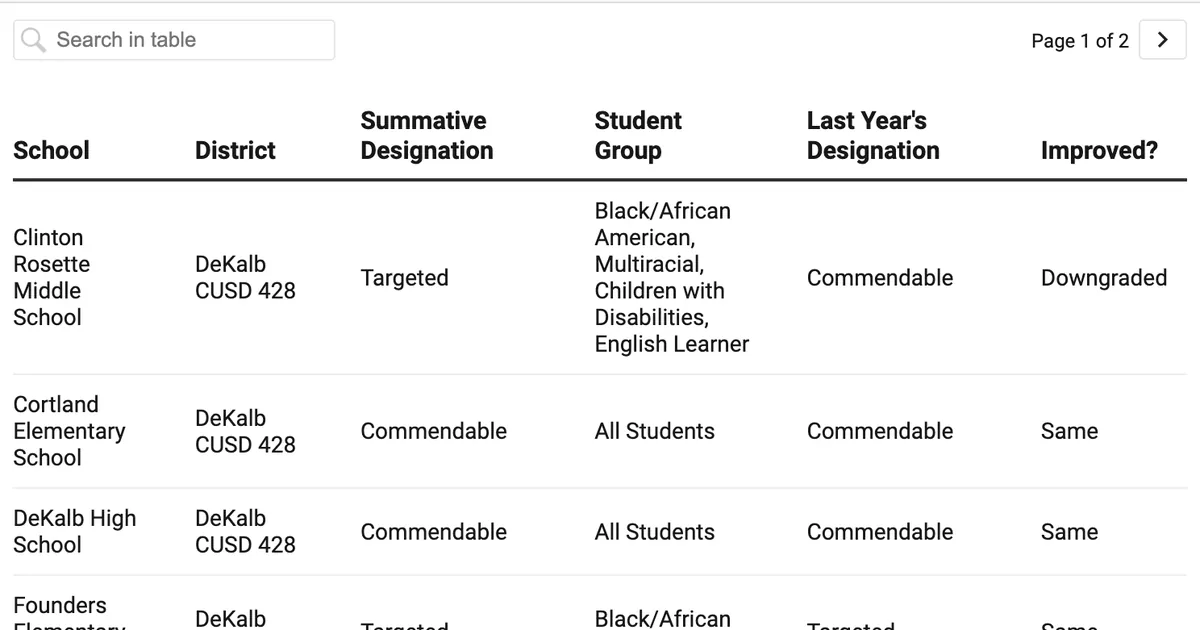Copyright Inc. Magazine

You may think it’s a tired old trope to say that Gen-Z workers aren’t fitting into the workplace in the same way that older generations have, but new data from pre-employment skills testing outfit Criteria suggests that company leaders who actually hire new workers actually agree, to an alarming extent. In fact, the California-based company’s data, from its Hiring Benchmark Report, says that of the 350 hiring managers polled for their survey, just 8 percent feel that Gen-Z workers are “well-prepared” for the modern workplace. Now, a sizable 49 percent did say Gen-Z was “somewhat” ready, but an equally large share — 43 percent — flatly responded “no.” Interestingly, Criteria’s data looked into the age breakdown of the respondents driving these stats and found that Gen-Z agrees: just 24 percent think their own generation is ready to join the workforce. That number “falls steeply among older workers,” the report notes, suggesting older workers are more skeptical about how the youngest workers will fit in, and there’s also a note that women were, on the whole, slightly more positive about Gen-Z workers than men were. Perhaps more importantly, at least when it comes to data that may impact your company, fully 50 percent of the hiring professionals surveyed said they definitely think Gen-Z workers should be recruited “differently to other generations,” and a further 37 percent said they somewhat agreed with this notion. Featured Video An Inc.com Featured Presentation The report digs into these responses, noting that Gen-Z workers are “known to be the first digital natives, having grown up with access to the Internet and smart mobile devices.” This means they have a “unique outlook,” along with a “a new approach to the world and the workplace, which may require a shift in recruitment strategies.” These modified strategies could include “mobile-first recruitment or social recruitment” methods. This part of the report marries up to a recent study that looked into how younger generations get data about their employment benefits, finding that 37 percent of Gen-Z workers have used social platforms like TikTok, Instagram, Reddit, and even YouTube to seek out benefits information — the highest percentage of any generation responding to the survey. This data fully underscores that Gen-Z’s thinking is indeed digital-first, and social media-centric. One criticism leveled at Gen-Z workers is that they’ve already become too reliant on AI technology, eroding their critical thinking abilities. A New York Magazine report this year asserted that basically everybody was cheating their way through college using AI — meaning that they lack certain basic skills critical to taking on duties in the typical workplace. But AI is also said to be impacting entry-level roles, which many Gen-Z workers will be stepping into as they leave education and start work. Interestingly, Criteria’s data notes that 37 percent of hiring managers say they’re hiring mostly for entry-level roles, with industries like finance and transportation and logistics being more likely to be looking for mostly entry-level staff. The tech industry, as you may suspect, is the one least likely to say they’re recruiting entry-level workers. So what’s the takeaway for you? It may be harder than you expect to find quality talent in the young worker applicant pool — you may have to fish harder than you have before, before you catch the right candidates. And you may be best advised to avoid traditional job market vacancies postings, and instead look at using social platforms to recruit Gen-Z staff. The other way to look at the new study is to say that once you have successfully selected new Gen-Z employees to join your ranks, you may have to invest a little more time and money than you had to for previous generations to polish their skills. Gen-Z thinks very differently about work-life balance, which may require you to offer a more flexible suite of employee benefits, and you may have to encourage them to use their own critical faculties before relying on automation software like AI. That said, Gen-Z’s digital-first status also could benefit your whole workforce, and maybe even teach some old dogs some new AI tricks.



